Cinematic Brilliance in Minutes: How Short Films Redefine Storytelling
5 Min. ReadShort films are a powerful form of artistic expression, offering filmmakers a chance to explore creative visions and experiment with storytelling techniques and genres. Free from heavy economic constraints, they allow for bold, liberated narratives, especially for first-time filmmakers.
With limited time, storytelling in short films is direct yet deeply impactful, capturing life’s complexities with stunning depth and emotion. From the psychological twists of Kriti to the haunting elegance of Ahalya and the quiet poignancy of Interior Café Night, these films challenge conventional formats and leave lasting impressions.
In the digital age of shrinking attention spans, short films have become a playground for independent voices, reshaping narratives, defying norms, and proving that sometimes, less is truly more.
The Influence of Short Films
In an age where our mornings begin with content and our nights end with screens, short films cater perfectly to shrinking attention spans. Unlike feature films that demand hours, short films deliver powerful narratives in minutes, inviting everyone into a cinematic experience that is both quick and impactful.
As platforms shift from theatres to OTTs like YouTube, Netflix, and JioCinema (Hotstar), short films now reach global audiences beyond just film festivals. This gives talented filmmakers a chance to showcase their artistry while sparking conversations of real societal value. These films are more than entertainment; they’re vessels of storytelling, social commentary, and bold creativity.
The Art of Storytelling
Telling a compelling story in a limited runtime is no small feat; it demands precision. Every frame, dialogue, and song cue in a short film serves a purpose. Without the luxury of time, filmmakers lean on powerful visuals and captivating performances to leave a lasting impression.
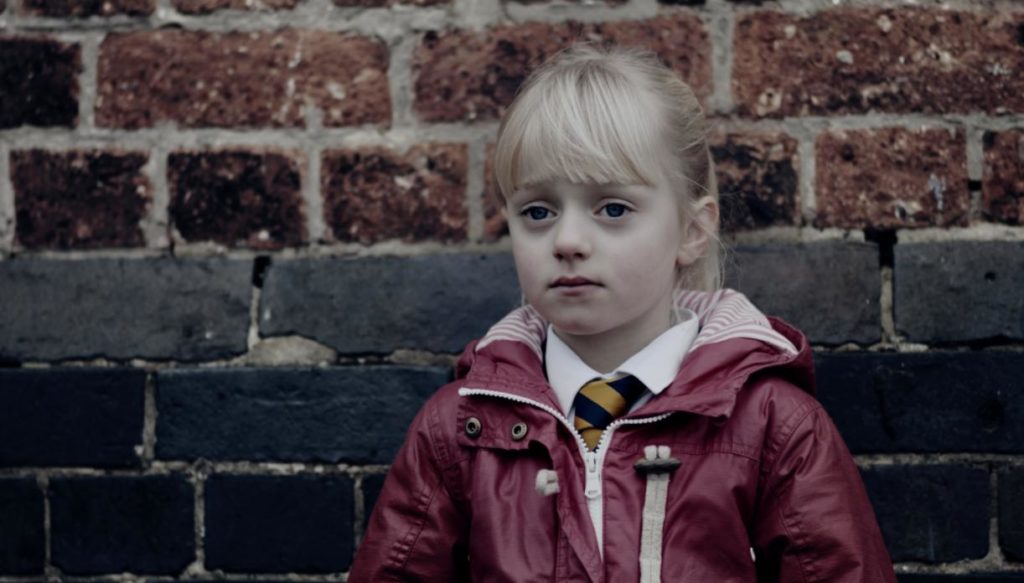
Take The Silent Child (2017), which won an Oscar for its poignant portrayal of a deaf girl struggling to communicate. In just 20 minutes, it evokes a whirlwind of emotions, from sympathy to frustration, while highlighting the delicate balance between protection and autonomy. It’s heartbreaking conclusion lingers long after the film ends, driving real conversations around inclusivity for the deaf community.
Genres That Thrive in Short Films
- Psychological Thrillers
Psychological thrillers thrive in short films as they are built on suspense, unexpected twists, and ambiguity. So, it captivates the audience within minutes with its background score and storytelling. These films immerse viewers in gripping narratives that leave them questioning reality.
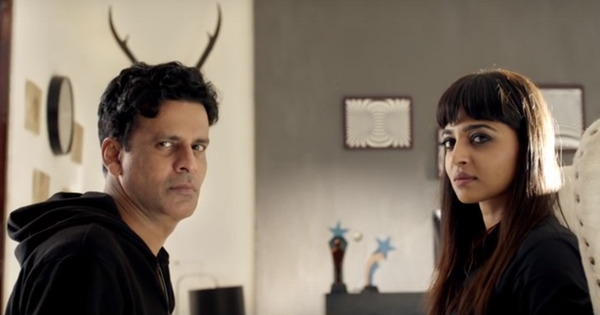
Kriti (2016) by Shirish Kunder is a standout. Manoj Bajpayee plays a man in therapy, revealing a new girlfriend whose existence his psychiatrist doubts. As the tension builds, creepy cinematography and a chilling twist leave viewers questioning reality, while Bajpayee questions his own. A shocking twist leaves the audience astounded and questioning the depths of mental health disorders.
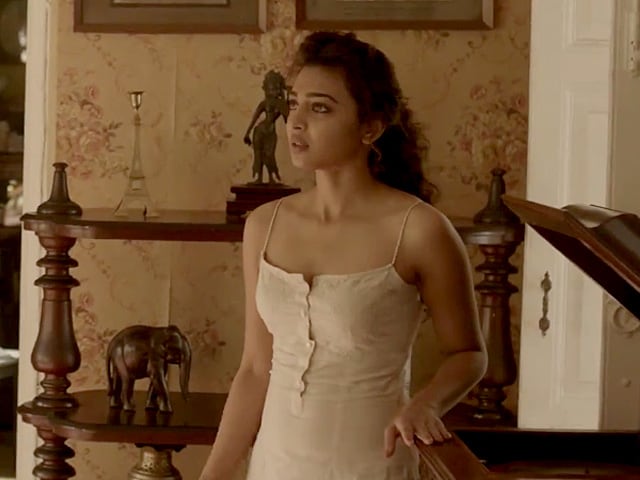
Another exemplary short in this genre is Ahalya (2015), directed by Sujoy Ghosh. Inspired by Indian mythology, Ahalya reimagines the ancient tale of infidelity and punishment in a modern setting. The film follows a police officer investigating the disappearance of a man, only to find himself ensnared in a supernatural trap. With Radhika Apte in a mesmerising role, Ahalya unfolds like a beautifully orchestrated puzzle, leaving viewers both mesmerised and unsettled.
Both Kriti and Ahalya demonstrate how short films can rival full-length thrillers in intensity and storytelling finesse. The meticulous planning, the use of every frame to convey a message, and the ability to keep the audience engaged in a short period are all part of the storytelling finesse in short films.
- Love, Loss, and Nostalgia in Short Films
Some short films yearn to create an impact with emotional depth and simple, intimate storytelling, rather than suspense. As a human habit, we resonate more with the films that move us emotionally and make us feel something. The stories where we relate with the love, pain and longing of other people are the ones that leave a profound impact on us. The unspoken emotions give us a way to resonate with the characters more deeply, leaving us feeling like a part of the narrative and fostering a sense of empathy.
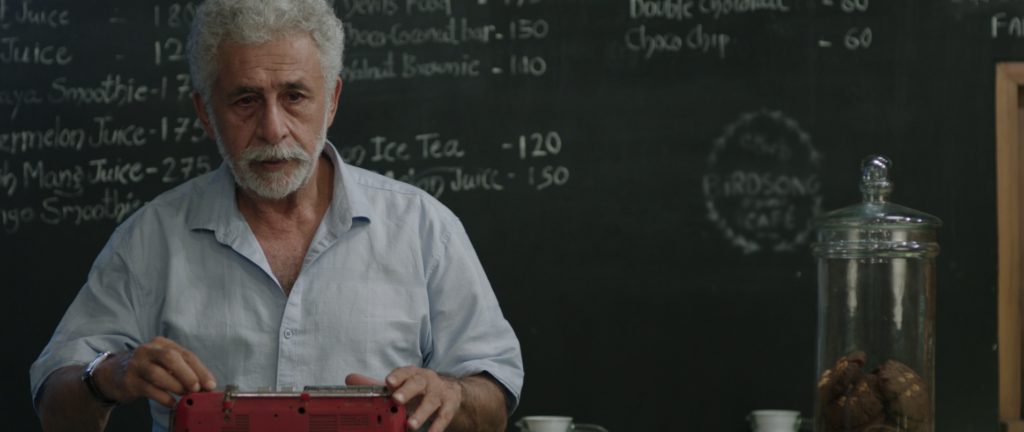
A perfect example is Interior Café Night (2016), a beautifully crafted film directed by Adhiraj Bose. The film intercuts between two timelines, showing an elderly couple reuniting after decades and a younger couple contemplating their future. With a minimal setting, a cosy café, the film captures the passage of time, the weight of regret, and the beauty of second chances. Naseeruddin Shah and Shernaz Patel deliver heartfelt performances, making the film a deeply moving experience.
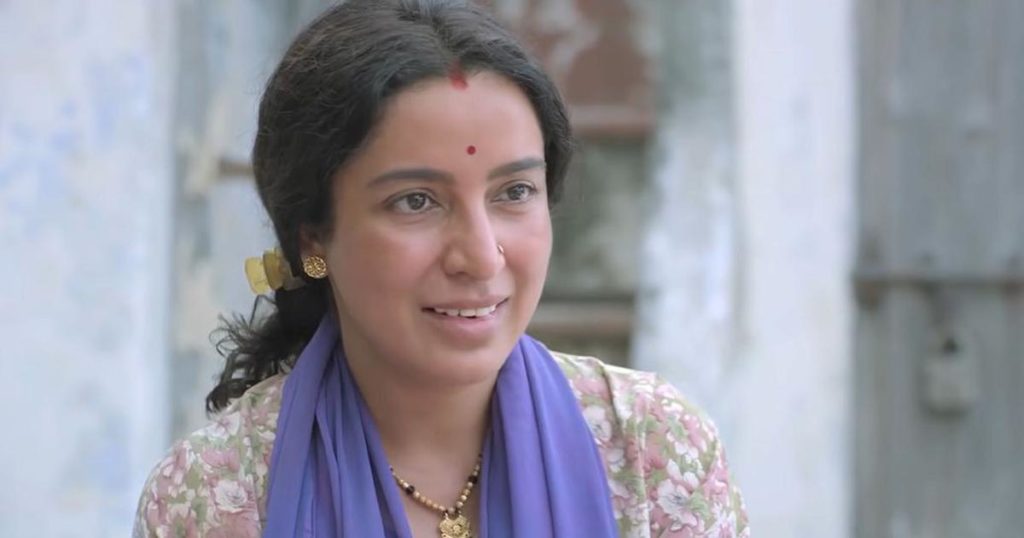
Another film that explores love and longing is Chutney (2016), a gripping tale of quiet insecurity and hidden desires. Directed by Jyoti Kapur Das, Chutney follows a seemingly shy and submissive homemaker, played brilliantly by Tisca Chopra, who narrates a chilling story that unfolds in layers. What begins as a simple conversation about a recipe turns into a dark revelation of jealousy, betrayal, and quiet revenge. The film’s slow-burn tension and gripping narrative make it a standout example of how short films can explore human psychology with nuance and depth, going beyond mere entertainment.
The Future Of Short Films
As OTT platforms dominate, short films enjoy unprecedented visibility. Services like Amazon Prime and Netflix are actively investing in them, championing titles like Anuja and Canvas, and affirming that short films are here to stay.
With innovative techniques like virtual reality, short films continue to push boundaries. They tackle vital social issues, climate change, LGBTQ+ rights, mental health, and feminism, becoming a platform for reform and awareness.
Short films are redefining storytelling, showing that a few minutes of strong narrative can leave an impact that even feature films sometimes can’t.
Written by – Aashna Vidyarthi



